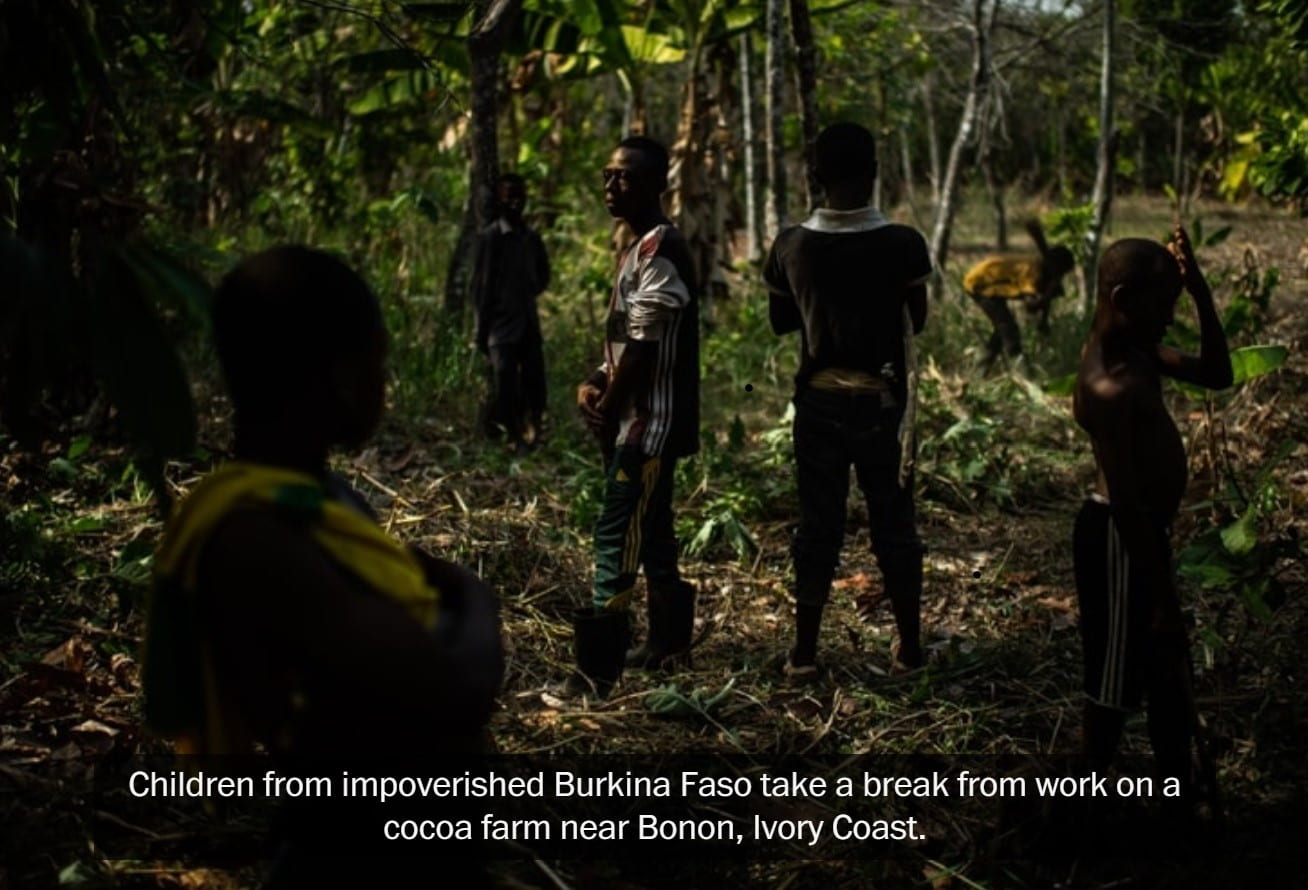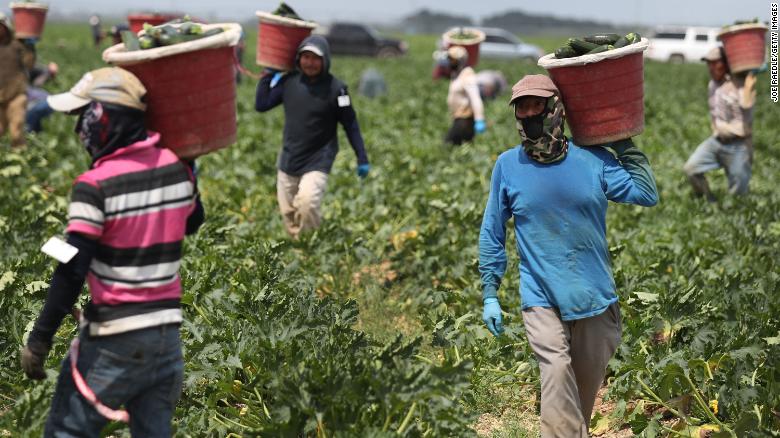In regards to action projects, I participated in working with the Center for Food Safety (CFS) on creating a sustainable shellfish scorecard. The scorecard can be utilized by restaurant owners, chefs, and consumers who are demanding to be knowledgeable of which shellfish producers follow sustainable procedures. CFS is a national non-profit public interest and environmental advocacy organization working to protect human health and the environment by curbing the use of harmful food production technologies and by promoting organic and other forms of sustainable agriculture. CFS also educates consumers concerning the definition of organic food and products. Producing a scorecard to determine shellfish producer’s level of sustainability with the help of CFS will certainly be a meaningful contribution to the larger community because it will be functional to exclude shellfish producers that execute practices that degrade biodiversity and the environment it surrounds it.
What I learned through working with the CFS is the idea of food sovereignty and how important it is for consumers to be knowledgeable about the process of how sustainable the food is being produced. Included in the scorecard, are criteria based on the feasibility and sustainability of shellfish producers in the shellfish industry. The criteria includes; pesticide use, transparency over regulations and environmental legislation, seeding and harvesting methods, and lastly, processing methods. This action project promotes people’s right to to healthy and culturally-appropriate food produced through ecologically sound and sustainable methods, and their right to define their own food and agriculture systems which are all tested through the criteria we have generated.
Another thing I wanted to bring up is our capability of getting involved in projects like this simply in our homes, and through our computers. I find it amazing how we integrated elements of collaboration, grasping and creating ideas, and completing tasks without ever seeing each other in person. As Karen said, we really are working and living in unprecedented times, and yet we continue to strive for greatness. We continue to do as much as we can to stay involved, despite limitations. Then, I realized that this is the type of vitality we need to make positive changes within the food system. We have to keep educating ourselves, and work together to amplify what the system lacks and the assistance it needs.




